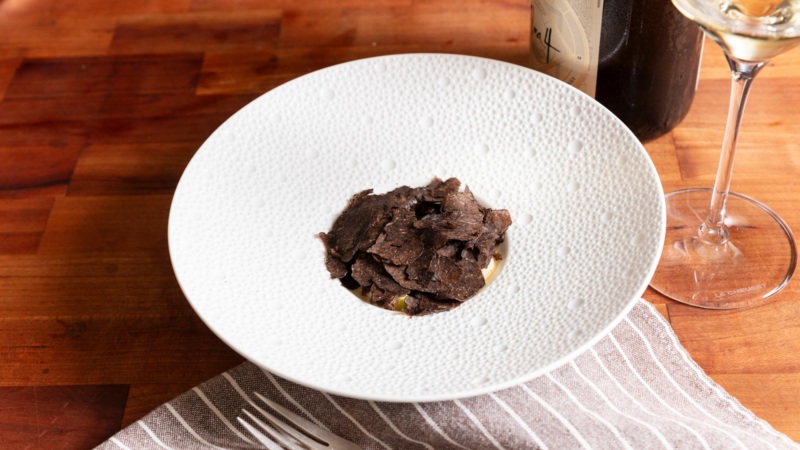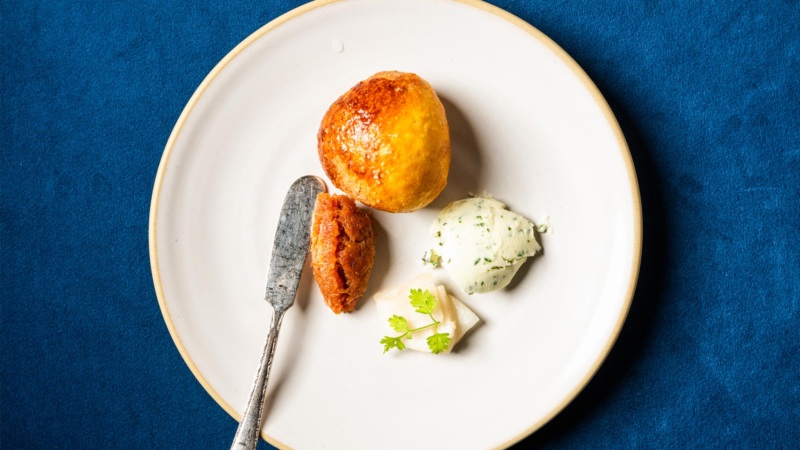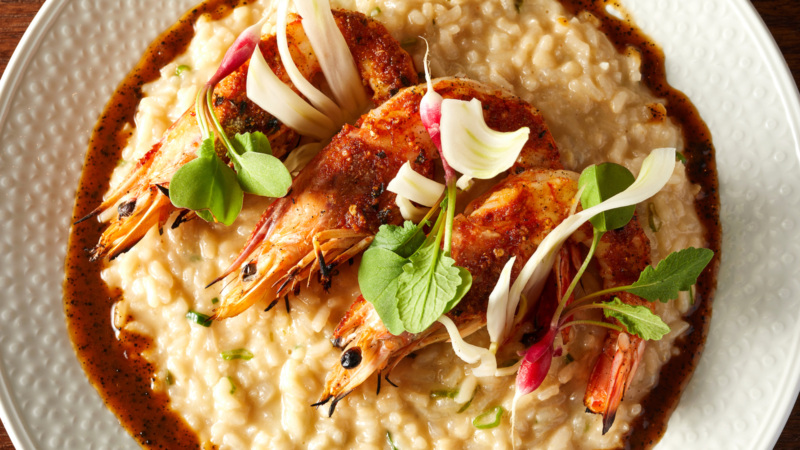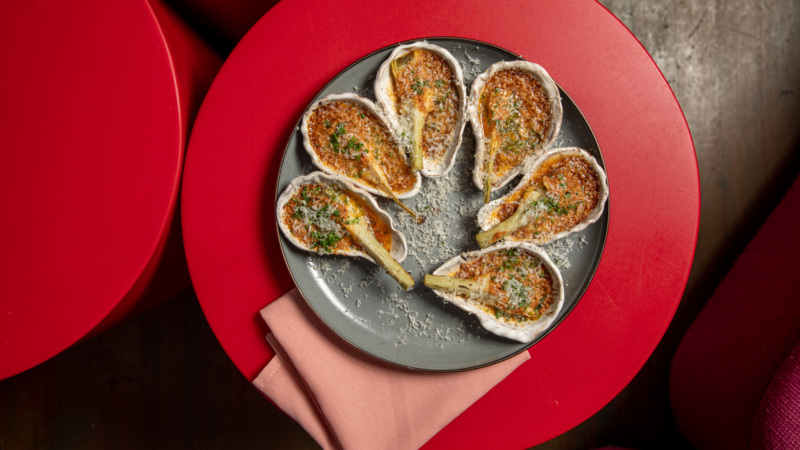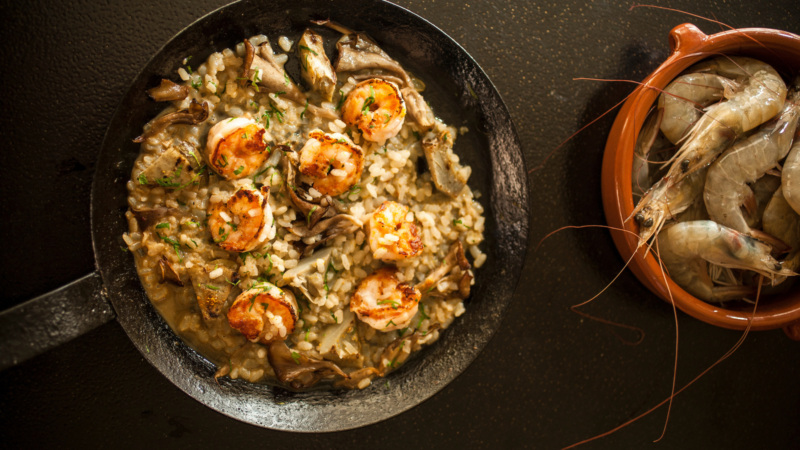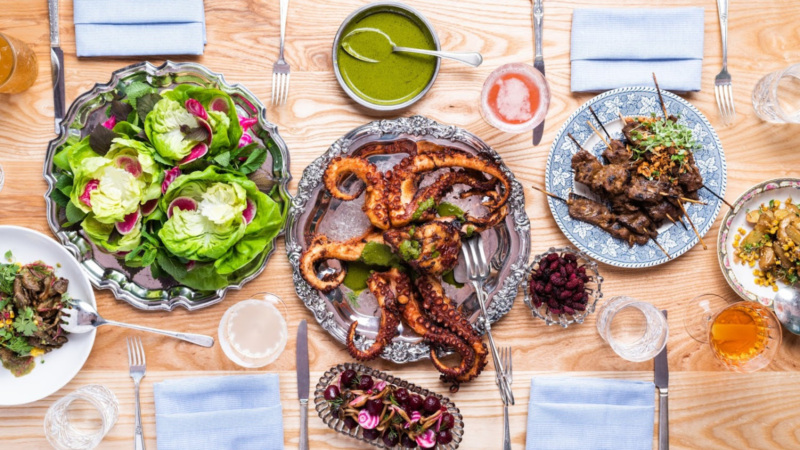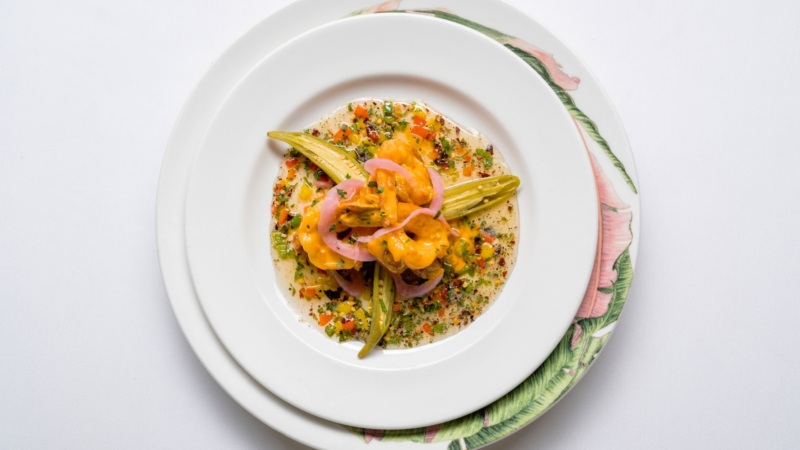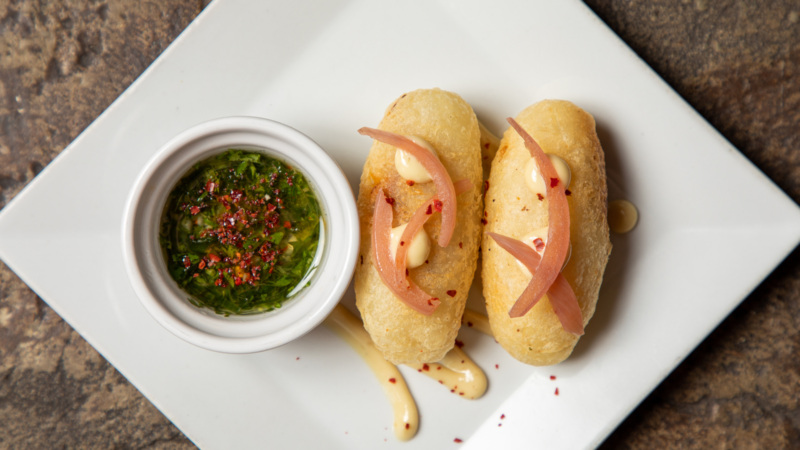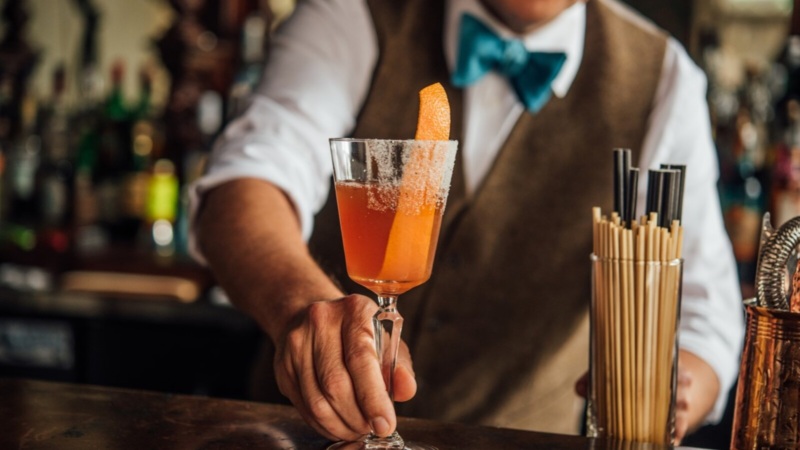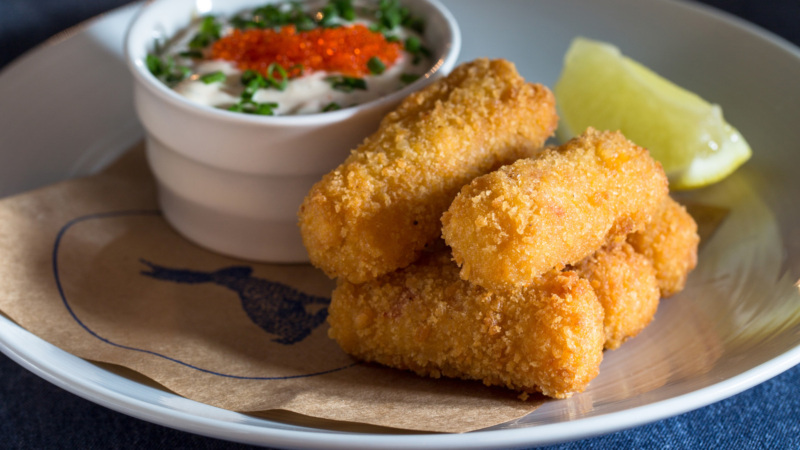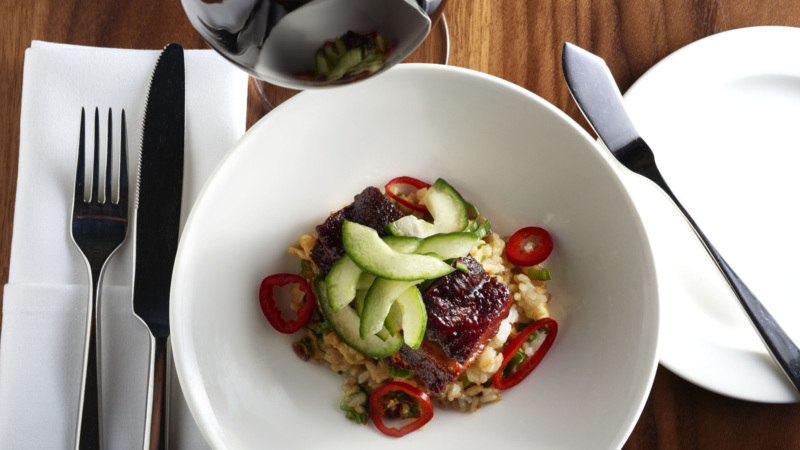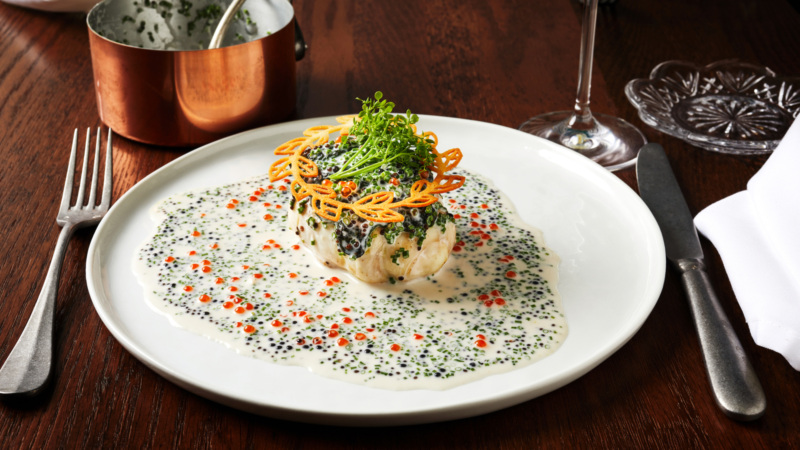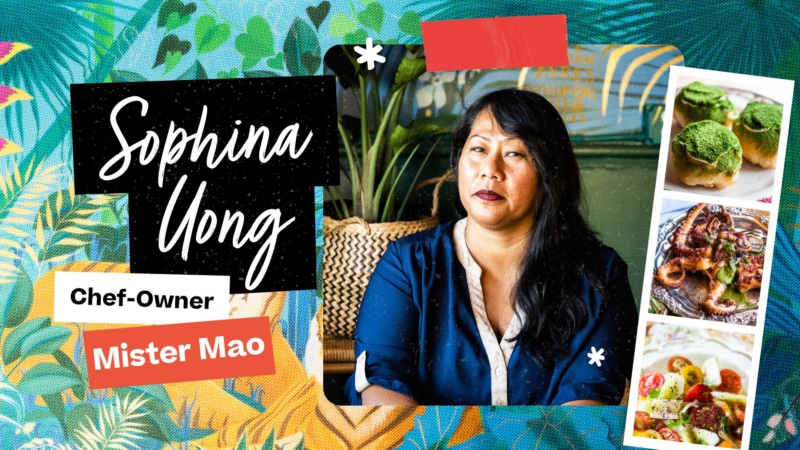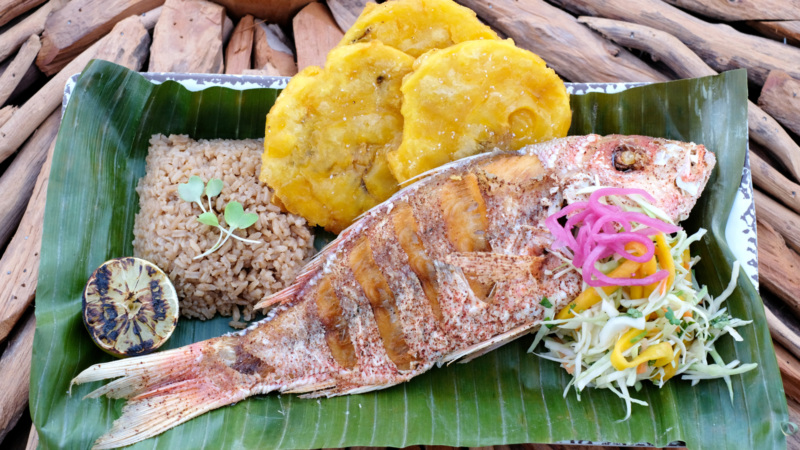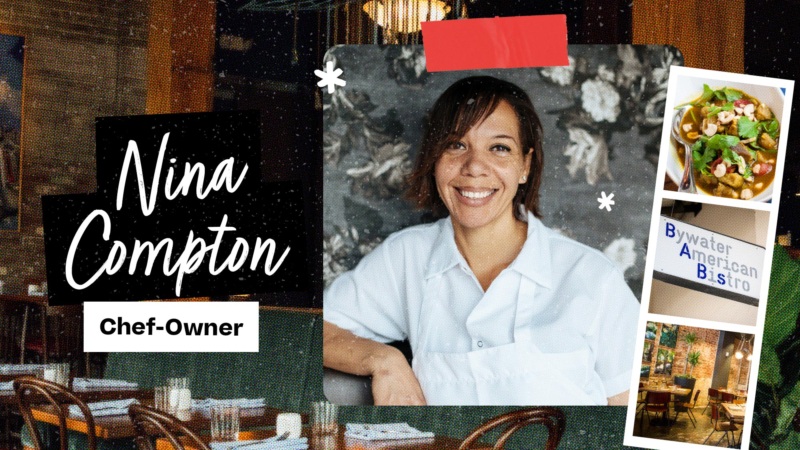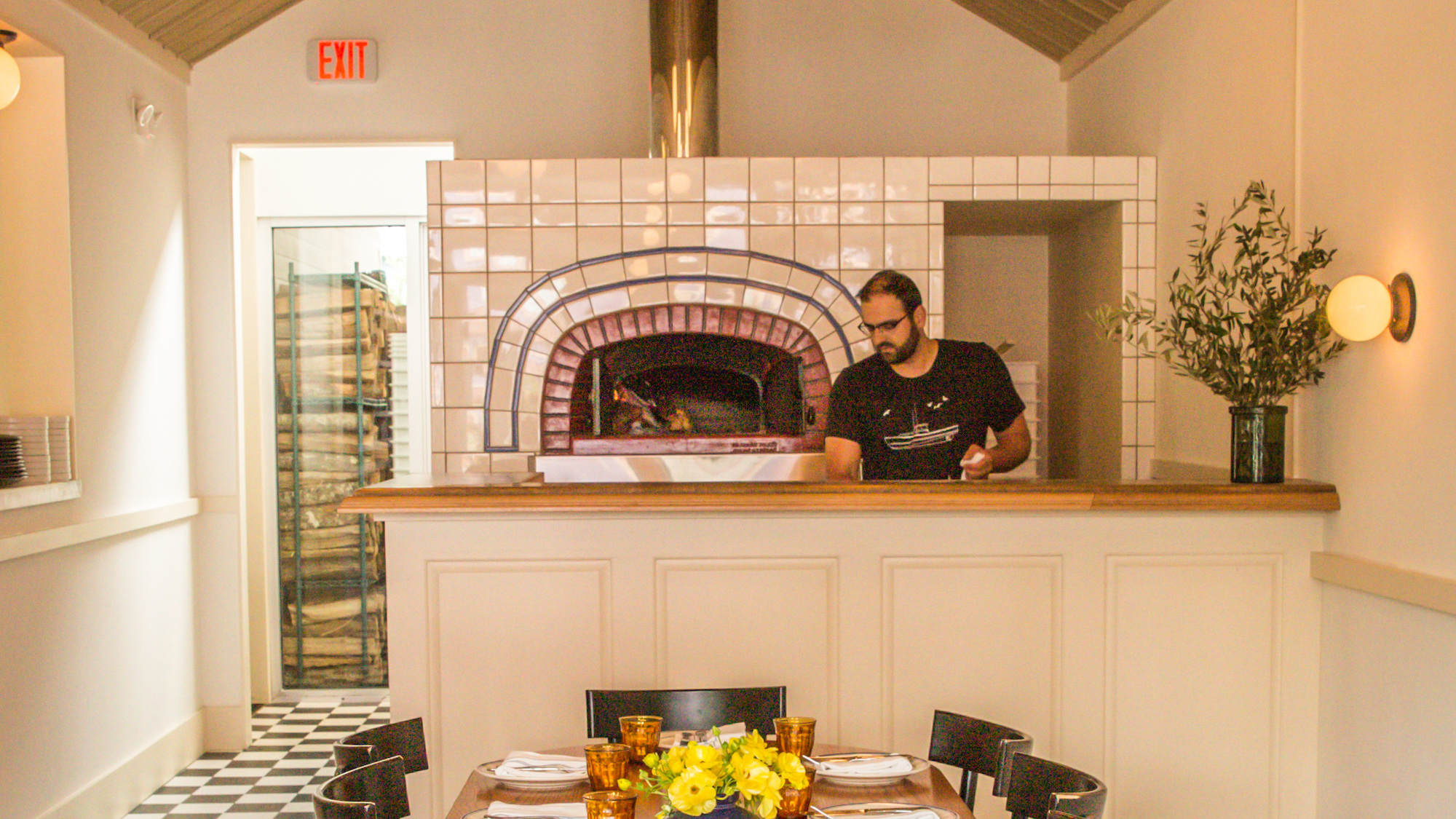
‘We Have to Continue Sowing the Seeds’: Alon Shaya on New Orleans After Ida
The big event that Alon Shaya had planned for August was the opening of his restaurant group’s first hotel property, an essential element of every big-name Southern chef’s portfolio. But within weeks of Pomegranate Hospitality launching Miss River at the Four Seasons New Orleans, Louisiana was struck by Hurricane Ida, which ravaged communities along the Gulf Coast, and crushed hopes for a busy tourist season.
Yet, Shaya says there’s never been a more important time to visit the city he’s called home for 20 years — a message that many prominent New Orleans chefs, including Nina Compton, have similarly offered.
That again brought Shaya to the forefront of New Orleans cooking, and today he sees the immediate need to restore the city’s dining community as soon as possible after the damage from Ida.
Note: This interview has been lightly edited for length and clarity.
Resy: New Orleans was having a tough time before the hurricane came rolling through, with COVID and the Delta variant. What was it like just before the storm?
Shaya: Just before the storm, we were really being impacted by the Delta variant as a state. New Orleans has been over 70% vaccinated for many months now. But the rest of the state is on the other side of the spectrum. And it kind of freaked a lot of people out from coming to Louisiana, and rightfully so: I mean, you don’t want to get coronavirus.
At one point, we felt like we were definitely on the upswing and starting to get busy. And then, boom, Delta hit. And then Ida came. And now the city is emptier than ever, which is really, really sad because we would be bustling right now.
Like, our Saints game had to be moved to Jacksonville. That would have been a day on which the city would have been packed and there would have been a ton of energy. And it was just a ghost town.
We feel like we keep getting kicked every time we try to stand up. But, you know, the way that I like to live is within the silver linings.
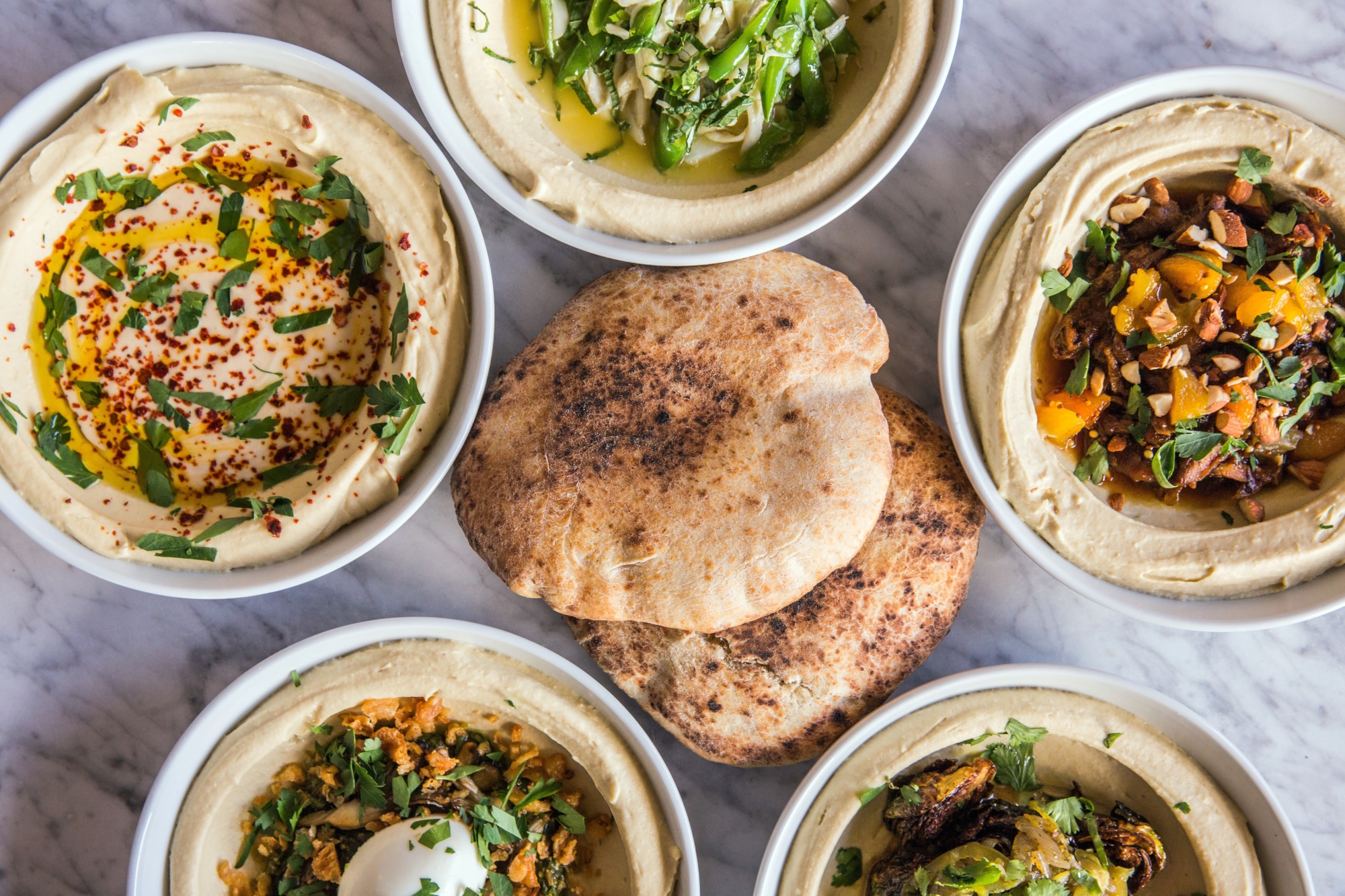
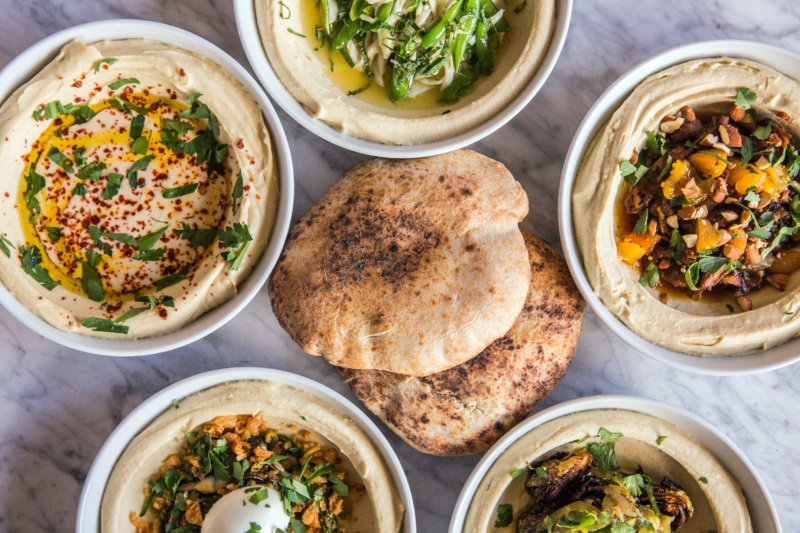
During the pandemic, people outside of the industry heard more than ever before about restaurant operations. And when you live in a place that gets hurricanes, storm prep is part of that. What did you do at Saba this time around, knowing Ida was headed your way?
Well, it was a very quick progression. I was in Denver, working at Safta. Friday morning, I was on the phone with (my wife) Emily, saying, “What do you think? What’s going to happen?”
The best thing to do was get back into town. But by the time I landed, people were already fleeing, so we didn’t have a lot of time to plan and prepare.
We have a checklist at the restaurant that says, like, put away the pita dough bins and bring all the chairs into the dining room. We do all these things knowing that there there’s going to be maybe some high winds, or we may lose power for a couple of days. We proactively donated some of our food that we knew wasn’t going to be good when we reopened. Small steps.
But when Ida finally realized its potential, no steps can really help too much, in the sense that we were out of power for 11 days. New Orleans got off relatively easy compared to some of the river parishes and more outlying areas that were just completely devastated, but there are trees down everywhere and there’s blue tarps all over the place, which are giving me Katrina flashbacks.
For the national audience at large, maybe because they haven’t seen Superdome-like photos, I don’t know if it’s been as reminiscent of Katrina. Can you describe more of what you’re seeing or experiencing?
What I’m seeing in New Orleans is empty grocery store shelves because everyone has to come back and restock their refrigerators. There are still power lines down everywhere. There are huge 150-year-old oak trees down, but in sections. It’s really hard to find a place to park anywhere because every street is just filled with branches and leaves.
There’s trash that’s been piling up for seven weeks that is just now starting to get picked up. So there’s been a huge stench in the city. It’s been depressing driving around in it. And none of that is to minimize what people who have lost their entire neighborhoods are going through. There are still areas that don’t have power and there’s a lot of drywall and insulation piled up along the sides of the roads, which is also very Katrina triggering.
It doesn’t feel good. But it is comforting to know that people are stepping up for each other. Because our levees held and everywhere didn’t have six feet of water? So many restaurants, so many citizens are helping each other. That was impossible during Katrina because the city was inaccessible, and no one was spared.
Like after Katrina, I was cooking red beans and rice in a parking lot of a looted-out Wal-Mart, and I was feeding National Guard and state troopers, and there were only a few people on the streets cooking. But now there’s so much happening. It’s great to see.
I want to just give a shout-out to World Central Kitchen. They were here immediately and did really, really good work.
▪️
‘We feel like we keep
getting kicked every time
we try to stand up.
But, you know,
the way that I like to live
is within the silver linings.’
▪️
You’re an ambassador and spokesperson for the city, so how do you say “Come back down” while also saying there’s trash in the streets and everything’s impassible and you can’t park? Help me with the message: should people take a trip to New Orleans?
The answer is yes, they should take the trip to New Orleans. Because it’s kind of like a sports team: just because they lose the game, you don’t switch teams.
I feel like New Orleans has provided so much happiness and so much culture and memories for so many people all over the world. And now is the time to really come and support it the most, because you want us here the next time you want to come to Jazzfest. You want to eat those delicious shrimp, soft-shell crabs, and crawfish.
Maybe you can’t do that right now on the scale like you could before the storm, but we’re in the long game. I’ve seen New Orleans continuously bounce back from things like Katrina and the BP oil spill and the coronavirus. It keeps bouncing back and we keep coming back stronger. And the only way to do that is with support from people who love the city. So, if you really love New Orleans, and you don’t just say you do, but you really love it, now’s the time to come.
Right?
And you can get a reservation anywhere you want it.
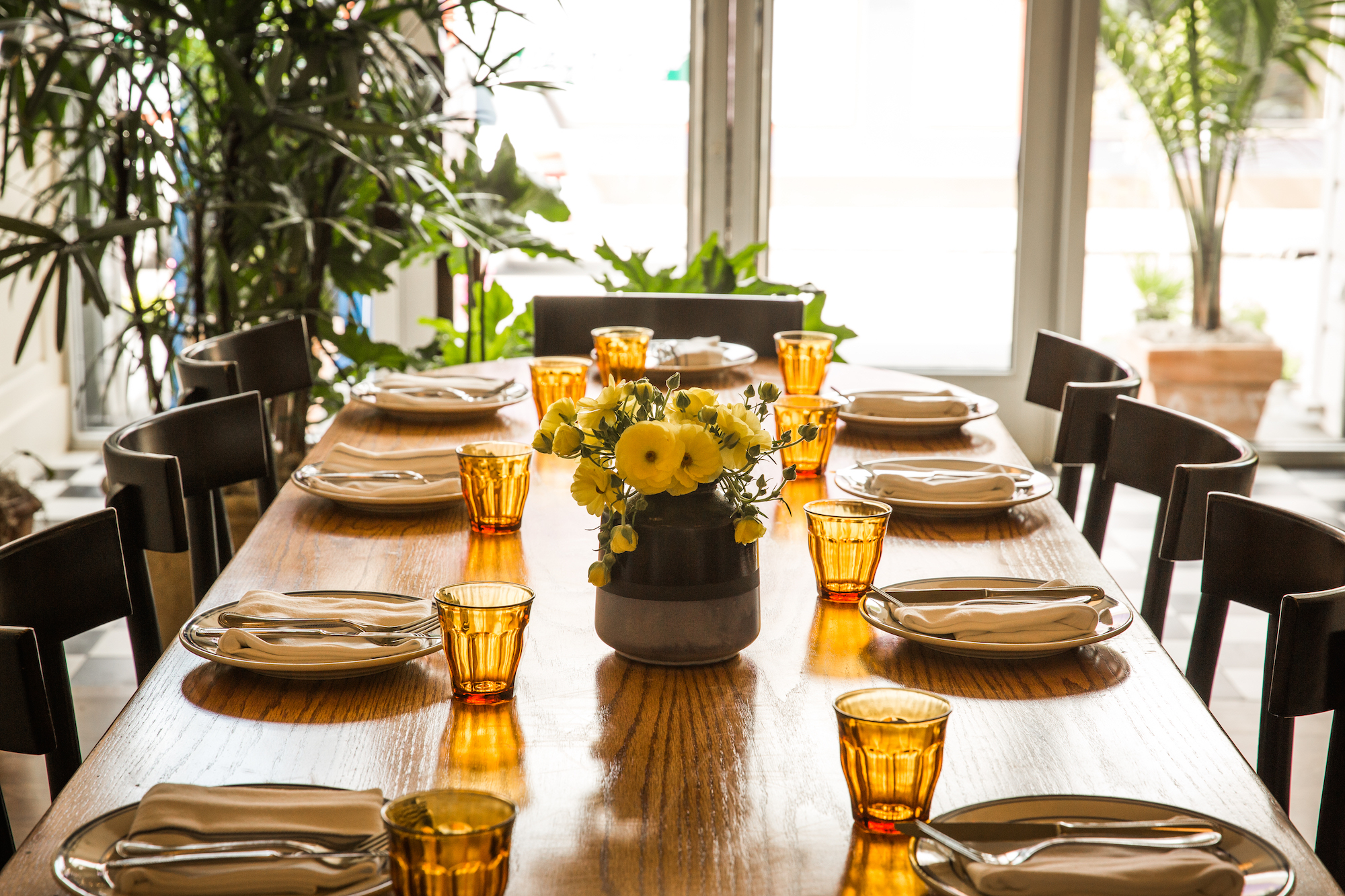
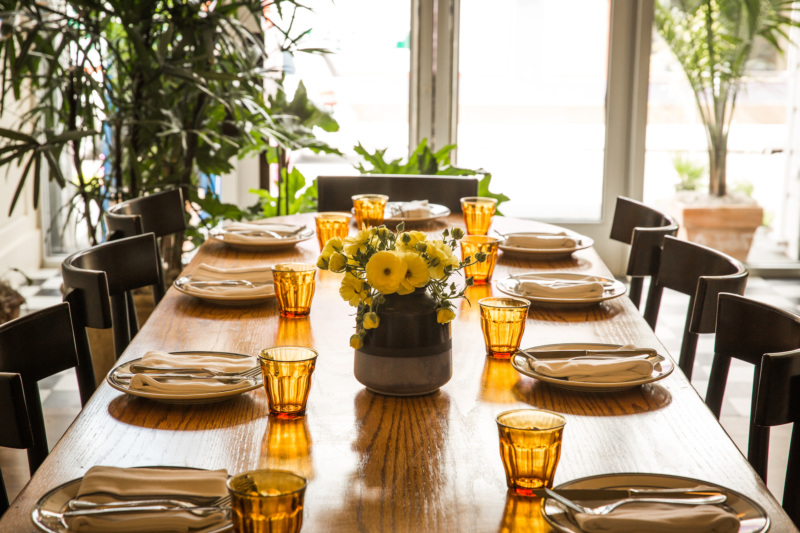
Supply chains were already screwed up, and now we’re talking about bare grocery shelves. How do you think about doing anything, besides, like, just serving pita bread? Can you still think about food as an art? Can you still think about innovation?
Well, I use these moments to remind people how much food can make an impact and how a hot meal could mean so much to someone, even if it’s just a plate of red beans and rice. Like, it doesn’t need to be anything else. It just needs to be what people are looking for.
During times like this, from a community standpoint you say, “Hey, chef or sommelier or restaurant professional, you can really turn someone’s day around today.” You can make an impact in a way that maybe you couldn’t have made before.
I feel like Katrina made me fall in love with New Orleans. As hell as it was, it made me feel like I was needed; like I was more than just the pita maker. I was the hot food guy and that’s important.
Those are the conversations that I’m having now with our team. When we go out to Houma on Thursday to serve red beans and rice, that will be so much more rewarding for them than any Christmas party or summer barbecue.
Thinking about the growers wiped out by this, I’m also thinking about how Sukkot (a Jewish thanksgiving for the gathering of crops) starts this week. What can you tell us anything about the harvest happening in Louisiana now?
It’s a tough time to think about harvesting because so many people can’t harvest. But to put my rabbi hat on for a second, to fertilize the ground for next year’s harvest is to bring in minerals and sediments, and to plow the land in a way which you can replant. And sometimes that will end up in a better harvest next year than maybe we had this year.
We have to continue sowing the seeds. It’s just never an option to not do that.
What we’re doing [right now] is raising money for the Crescent City Farmers Market. They’re writing grants to farmers that sell to the market and part of what we’re doing with Resy and American Express is to help support that. If we can use our platforms to help spread the word and get people to pay attention, even though the news cycle has moved on, that is our job as community members. Not as chefs; not as restaurateurs; not as anything else.
Our job is just to be neighbors. And I have been floored by the amount of neighborly love that has been happening here.
American Express and Resy are supporting Alon Shaya’s efforts to help build back the city of New Orleans and the surrounding region. Find out how you can support by visiting the Bayou Fund, Feed the Second Line, and Market Umbrella.



